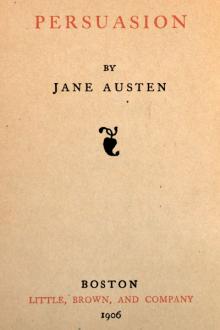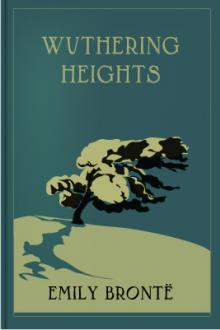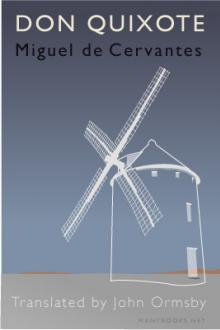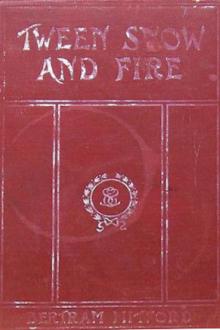Paul and Virginia
Book Excerpt
In "Paul and Virginia," he praises, with evident satisfaction, their meal of milk and eggs, which had not cost any animal its life. It has been remarked, and possibly with truth, that every tenderly disposed heart, deeply imbued with a love of Nature, is at times somewhat Braminical. St. Pierre's certainly was.
When quite young, he advanced with a clenched fist towards a carter who was ill-treating a horse. And when taken for the first time, by his father, to Rouen, having the towers of the cathedral pointed out to him, he exclaimed, "My God! how high they fly." Every one present naturally laughed. Bernardin had only noticed the flight of some swallows who had built their nests there. He thus early revealed those instincts which afterwards became the guidance of his life: the strength of which possibly occasioned his too great indifference to all monuments of art. The love of study
Editor's choice
(view all)Popular books in Romance
Readers reviews
- Upvote (0)
- Downvote (0)
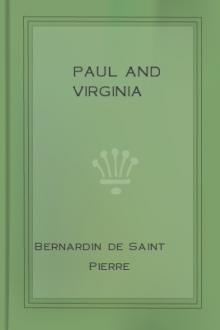
 Free Download
Free Download
















